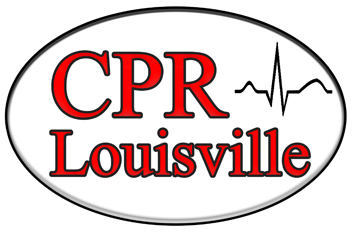Lung cancer is defined as, an uncontrollable growth of abnormal cells in one or both lungs. These abnormal cells do not function normally or grow into normal, healthy lung tissue. As the abnormal tissue continues to grow, tumors can be formed which interferes with the proper functioning of the lungs. It is extremely important for the lungs to function properly because they carry oxygen throughout the body, and oxygen is necessary for life.
Usually, in the earlier stages of lung cancer there are no symptoms. The symptoms don’t typically start to occur until the cancer is in the more advanced stages. These symptoms may include, but aren’t limited to: a sudden cough that won’t go away, coughing up blood, shortness of breath, chest pain, wheezing, hoarseness, weight loss, pain in the bones, and headaches.
There are many causes of lung cancer, but smoking is the main one. Smokers aren’t the only ones affected by this either. Those exposed to secondhand smoke may also be diagnosed with lung cancer. Although smoking is a major cause, those who have never smoked in their lives can also get lung cancer. Smoking causes lung cancer by damaging the cells in the lungs. When cigarette smoke, which is full of carcinogens, is inhaled, it changes the tissues in the lung. When this first begins, the body will try to repair the damage. After increased, prolonged exposure, though, the body becomes unable to continue repairing the damaged cells and cancer develops. Besides smoking, other causes include: exposure to radon gas, exposure to asbestos and other chemicals, and a family history of lung cancer.
Once a doctor suspects lung cancer, numerous tests are run to see if they are correct. The least invasive and first test that is usually run would be some sort of imaging test. This may include an x-ray and or a CT scan. These both basically take pictures of your lungs. Another test that may be run if a patient is coughing things up, is sputum cytology. This is where the sputum produced from a cough is looked at under a microscope, which may reveal lung cancer cells. Finally, a tissue sample or biopsy may be taken. This can be done through a bronchoscopy, where a doctor puts the long thin tube with a camera down the throat and into the lung to take samples of the tissues. Or a needle biopsy may be done in which the doctor makes an incision on the chest and uses a long needle to take tissue samples.
The two main types of lung cancer are known as non-small cell lung cancer and small cell lung cancer. When one is diagnosed with non-small cell lung cancer, they are given a stage. Stage I is when the cancer is only located in the lungs. Stage II is when the cancer is in the lung and has spread to the lymph nodes nearby. Stage III is when cancer is found in the lung and the lymph nodes in the middle of the chest. Finally, Stage IV is the most advanced stage of lung cancer. This is when the cancer has spread not only to both lungs, but also to another organ of the body. About 85% of people with lung cancer have non-small cell lung cancer.
Obviously, there is no cure for cancer yet, but there are treatments. These treatments generally include surgery, radiation, and/or chemotherapy. Usually, the first two stages of lung cancer are treated with surgery. The surgeon simply removes the section of the lung containing the cancer. Oftentimes, chemotherapy is used after the surgery just to be sure the cancer will not return. For those who are diagnosed with stage III or IV non-small cell cancer or small cell lung cancer, a combination of chemotherapy and radiation is typically recommended.
Resources:
https://www.mayoclinic.org/diseases-conditions/lung-cancer/symptoms-causes/syc-20374620





